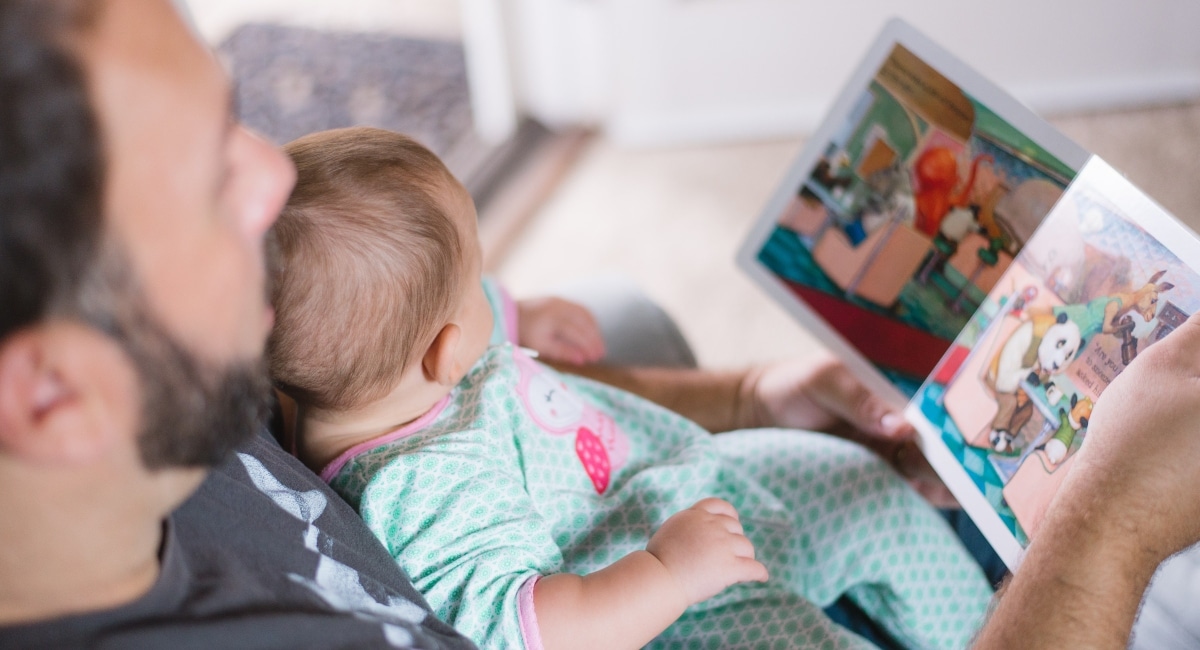Sibling relationships are some of the most influential and enduring connections we form in our lives. They provide companionship, support, and opportunities to learn critical social skills. However, it’s not uncommon for these relationships to be peppered with quarrels and rivalries.
Sibling rivalry is a natural aspect of growing up together, but it doesn’t have to be detrimental to the bond between siblings. In fact, with the right approach, parents and caregivers can foster strong sibling bonds that withstand the test of time, even amidst the inevitable squabbles.
Understanding sibling rivalry
Sibling rivalry can emerge from various sources, like competition for parental attention, personality differences, or disagreements over possessions and space. These conflicts are normal development as children learn to navigate their emotions and relationships. However, left unaddressed, chronic sibling rivalry can lead to strained relationships in adulthood.
Here are a few ways to effectively address these situations.
Effective communication
Open communication is the cornerstone of any healthy relationship. Encourage your children to express their feelings and perspectives, even if it involves conflict. Act as a mediator when disagreements arise, ensuring both sides can speak and be heard. Teach them to use “I” statements to express their emotions, fostering empathy and understanding.
Teach conflict resolution
Use conflicts as teachable moments for conflict resolution. Guide your children through identifying the issue, brainstorming solutions, and compromising. This not only helps them resolve their current disagreement but equips them with valuable skills for handling conflicts in the future.
Encourage collaboration
Engage your children in activities that require collaboration and teamwork. Cooking a meal together, building a puzzle, or working on a craft project encourages them to cooperate and appreciate each other’s strengths. When they achieve a shared goal, it boosts their sense of accomplishment and strengthens their bond.
Individual attention
While spending time together as a family is essential, ensure each child receives individual attention. Plan special outings or activities with each child separately, allowing them to feel valued and appreciated. This can help mitigate feelings of rivalry due to perceived favouritism.
Set clear expectations
Establish clear ground rules for behaviour and treat each child fairly. This sets a standard for respectful interaction and helps prevent unnecessary conflicts. Children who know what’s expected of them are more likely to focus on positive interactions.
Model healthy behaviour
Children learn by example, so it’s crucial to model the behaviour you want to see. Demonstrate effective communication, conflict resolution, and empathy in your interactions. When they see you treating others respectfully, they are likelier to emulate those behaviours.
Private discussions
If a conflict escalates, address it in private discussions rather than in front of other family members. This avoids embarrassment and allows for a more open and honest conversation.
Encourage apologies and forgiveness
Teach your children the importance of apologising when they’ve done something wrong and forgiving when they’ve been wronged. Apologies and forgiveness mend relationships and create an atmosphere of understanding.
Shared memories
Create opportunities for your children to build shared memories. Family traditions, vacations, and celebrations contribute to a shared history that strengthens sibling bonds. These positive memories can overshadow petty disagreements.
Space for individuality
While fostering a strong sibling bond, also respect their individuality. Recognise and celebrate their unique interests and talents. This helps prevent feelings of rivalry stemming from comparisons.
Conclusion
Sibling rivalry is a natural part of growing up, but it doesn’t have to hinder sibling bonds. By employing effective communication, conflict resolution, and a nurturing environment, parents and caregivers can guide their children towards building solid and lasting relationships. The lessons learned through navigating sibling squabbles can become the building blocks of empathy, understanding, and cooperation that serve them well throughout their lives.
Servicing Brisbane, Gold Coast, Sunshine Coast and beyond, Kids on the Coast is an online guide for parents with kids events, attractions & things to do with kids, schools and education, school holiday guides, health & wellbeing for families, parenting and lifestyle news located on Gold Coast, Sunshine Coast & Brisbane, QLD.


